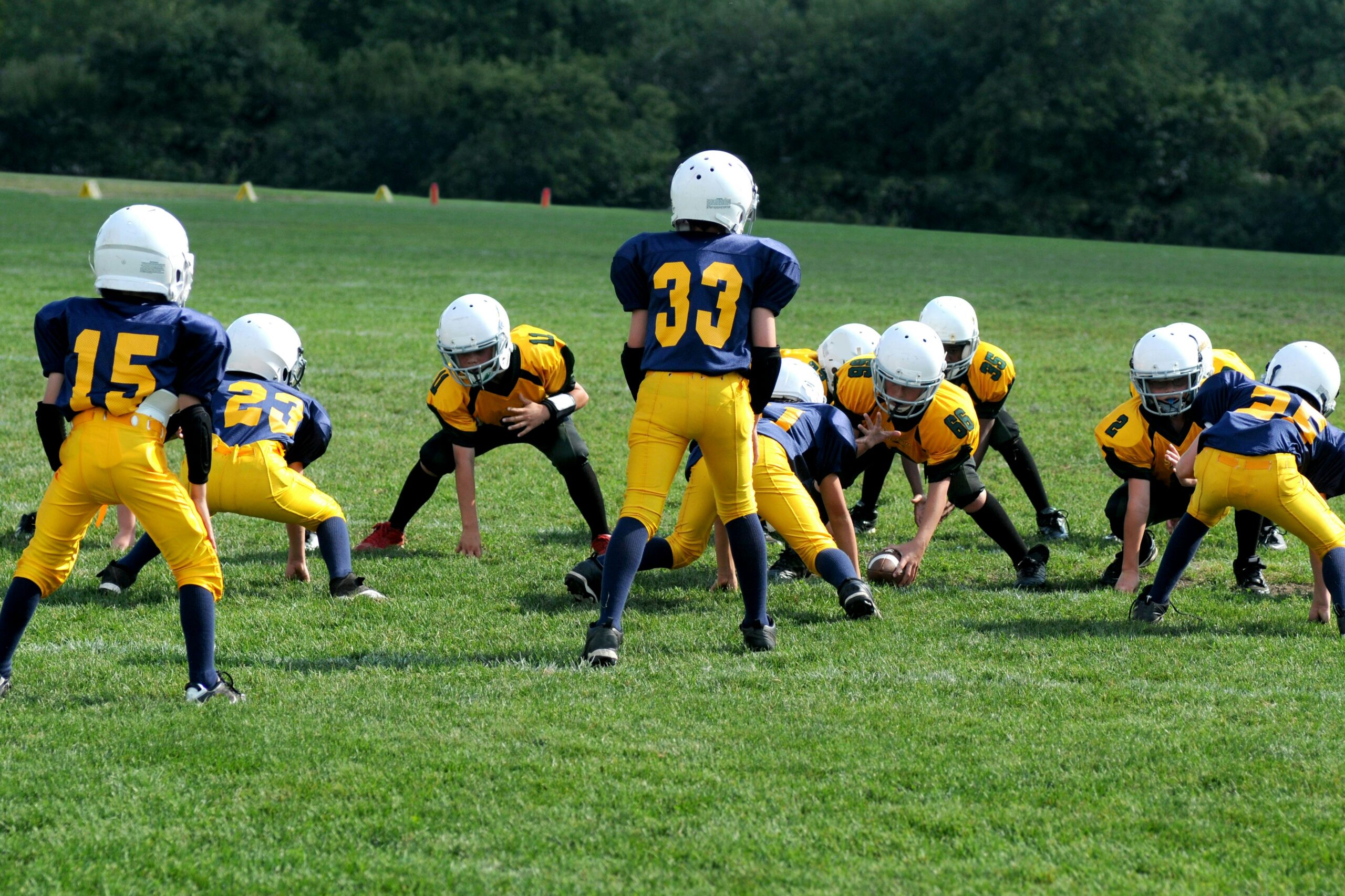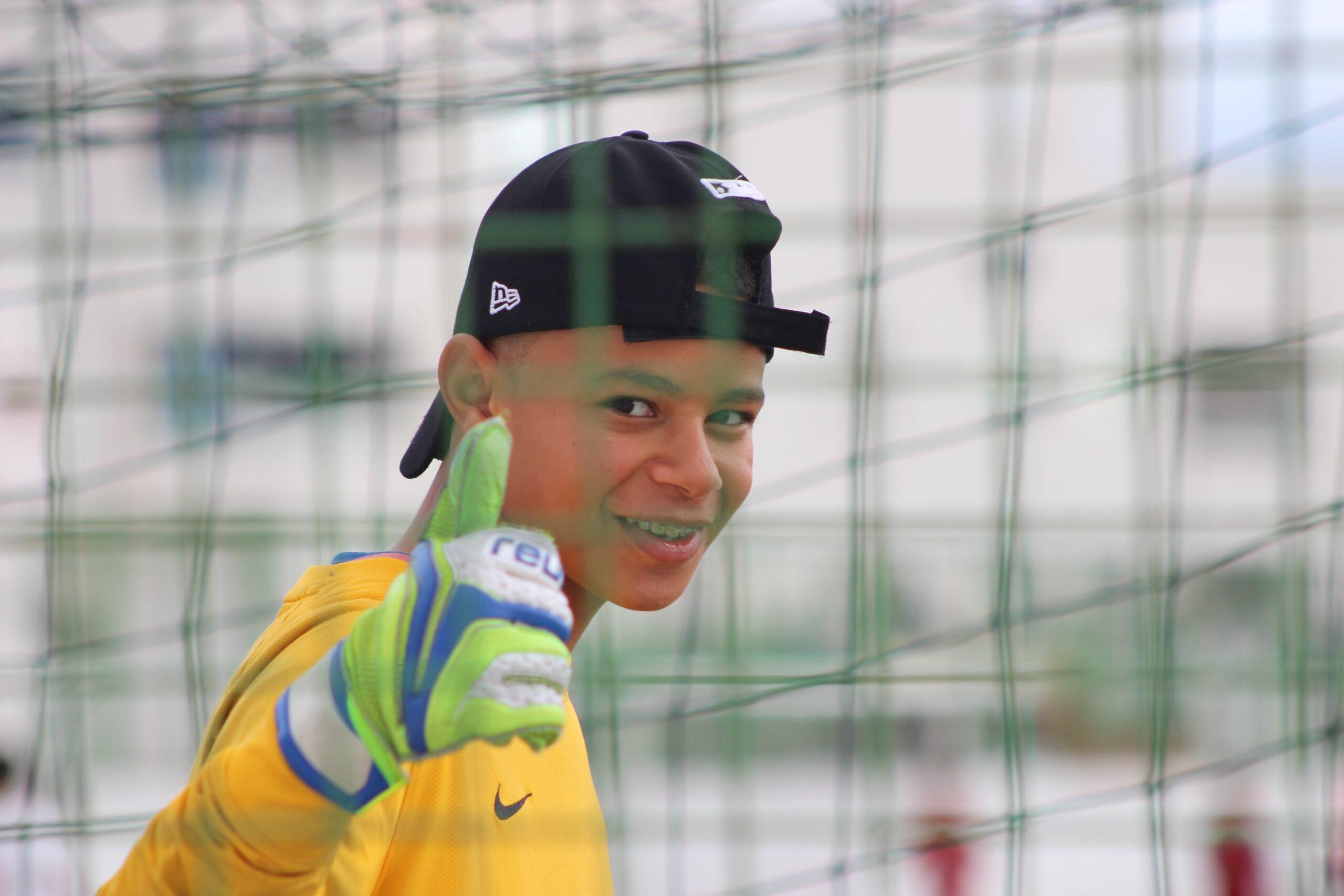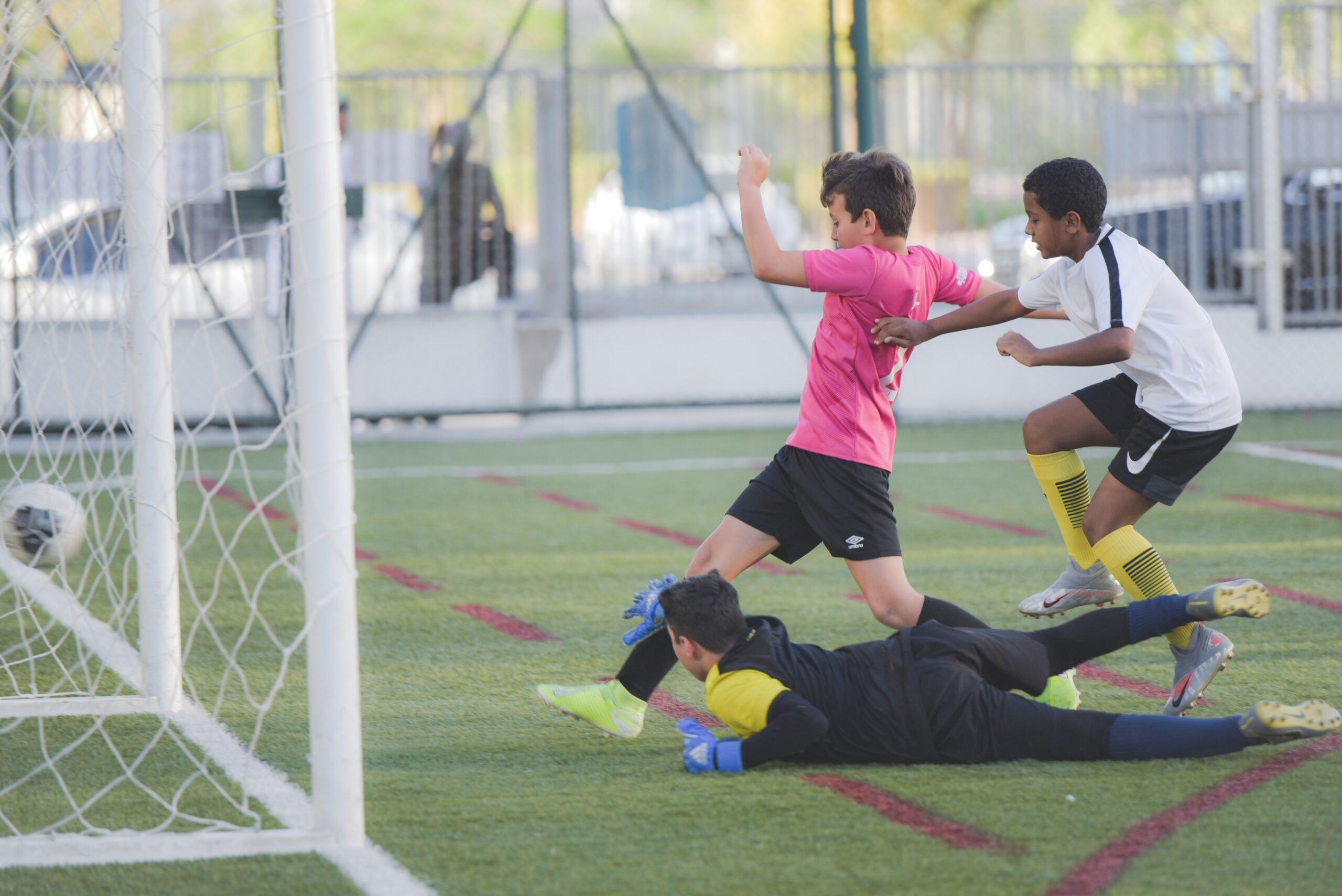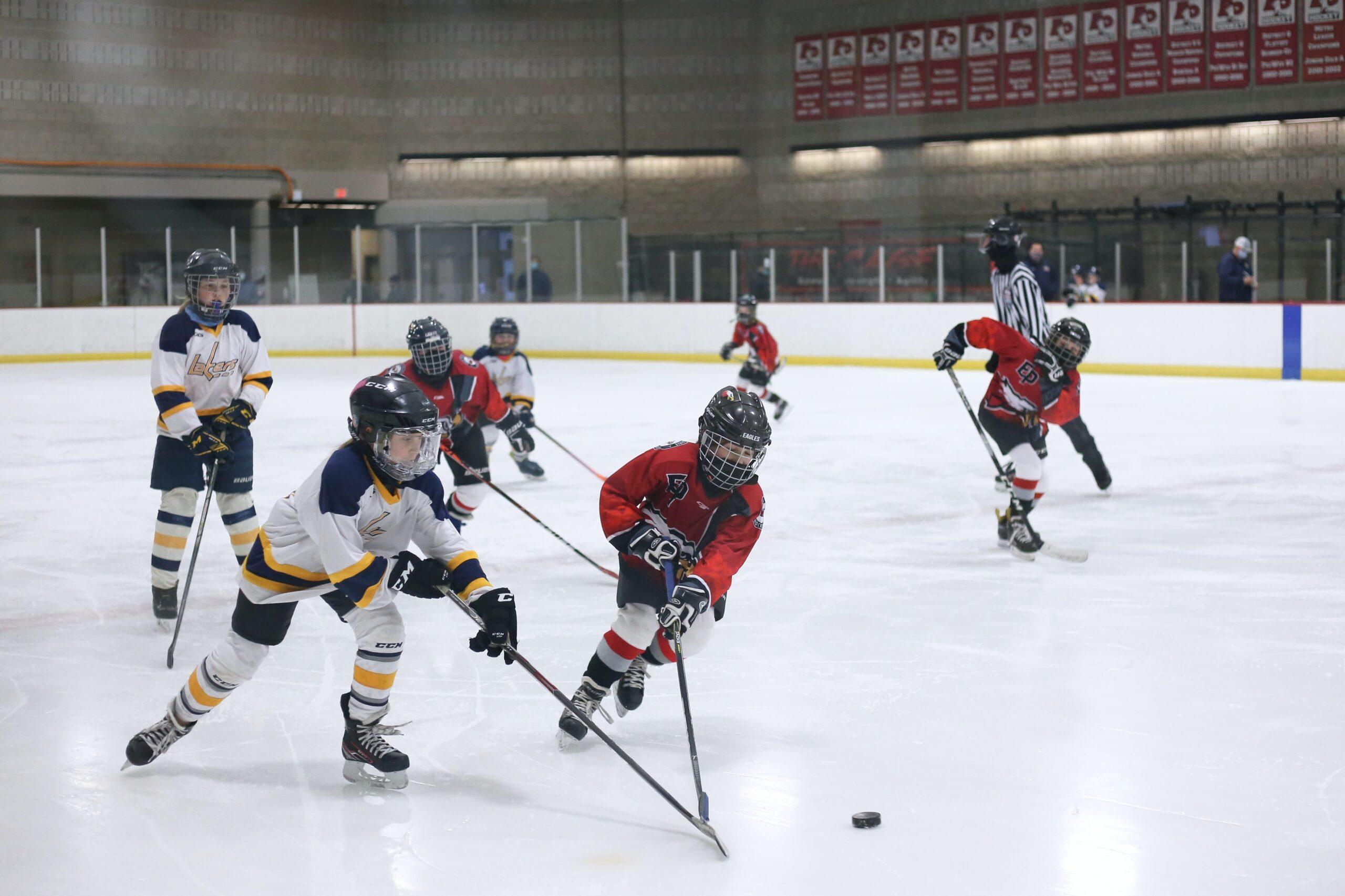Whether you have the next Mia Hamm, Derek Jeter or LeBron James— or your child plays sports without professional aspirations— you impact your child’s athletic experience. We’d like to help you make sure that impact is positive.
Ask kids why they participate in sports and their answers commonly include to have fun, improve skills, belong to a group, be successful, get fit and find excitement. Rarely does a child independently list “to win” as his or her main motivation. When kids drop out of sports, they commonly say they have other interests, are bored, lack skills, feel too much pressure, do not have friends playing and are no longer having fun.
While parents cannot control every factor, they can control many reasons why their children choose to pursue or stop playing sports. Most kids continue activities if they feel competent, in control over the experience and part of the group. Parents should help create this positive environment. Ask your child why he or she is playing a particular sport and facilitate an atmosphere that fits those reasons.
To facilitate a positive sports climate, focus on the following six behaviors.
- Encourage your children to have fun by developing skills and meeting new friends.
- Teach kids how to respect the game, officials and opponents by playing fairly and supporting others involved in the game.
- Emphasize goals that relate to improving skills, working together with teammates and exerting effort.
- Minimize the emphasis on winning. Mention how winning is highly uncontrollable.
- Recognize your children’s effort, improvement and learning with positive reinforcement.
- Promote cooperative play.
What to Say Before a Game
Before a game, parents should allow children to feel relaxed and confident. As you’re not Vince Lombardi, avoid the “Winning isn’t everything, it’s the only thing” pre-game speech. Instead, comment on things your children have control over during a game. Here are some helpful and positive pre-game comments.
- Have fun.
- Work hard.
- Respect the game, players and officials.
- Be a good teammate.
- I love you!
What to Say After a Game
Parents typically do one of two things after their child’s game. The parents who attended a game greet their child with an evaluative remark, such as “Good game” or “Why didn’t you…?” Regardless of whether the comment is filled with praise or criticism, the remark involves an evaluation of the child’s performance. The goals of the child or the team are not necessarily accounted for in this evaluation. For the parents who did not attend a game, the first comment is typically the question, “Did you win?” This question is closed-ended, meaning it does not promote a two-way discussion. Furthermore, the underlying message is that the outcome— winning— is the most important aspect of the game.
To keep things positive, instead tell your children that you love them after a game. Then ask if they had fun and if they need anything to eat. After those initial questions, let kids initiate any post game-related conversation. Allow them to work through their performances. Some kids want to discuss their performances; others do not.
Either way, before offering feedback or advice, ask your children if they want to hear it. This may be a strange concept. But it allows children to own their sporting experience, rather than forces your ideas, expectations and goals on your children. If they do not want your feedback, save your breath. It merely creates tension if you offer feedback before a child is ready to hear it. Also, if the child is not ready to listen, little feedback will be absorbed— and if it differs from what the coach has said, you really confuse the child.
The following are some neutral questions that you can ask in your post-game discussion.
- What was your favorite part of the game?
- What didn’t you like about today’s game?
- What did you learn?
- What skills do you want to work on?
- Were you a fair competitor? How so?
- What can I do to help you enjoy your games?
To encourage children to thoroughly enjoy their athletic experiences, adopt a tell-me-more attitude, listen rather than tell or evaluate, let children set the terms of their experiences and appreciate watching your children grow, learn and have fun.




